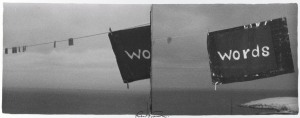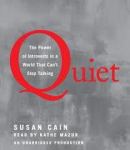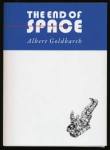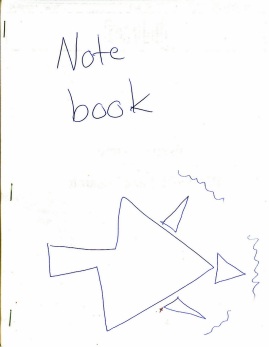Evincing
The term is evincing. That word that stands for the complex of tangled strands stuck and striated into a confrontation with blankness. You know what I mean?
Balled up like a sap-thickened snot-slickened hardening knot of twine, all strung together, unruly, but wadded and crushed, like a snowball – a large icy one – but dirtied – clodded thick and gluey-thready – distasteful, a kind of impossible object – something like the idea of the innards of a self – what one sees in a mirror – like a melancholy music – tunes that you love that empty and sicken you – help you to feel more alive – all that. More. The unaccountable enormity that feeds into a stream called entity. All that. More. Horrible, beautiful things.
The fact that we are far more than we are able to surmise, and far less than we hope or wish to be. Messy. Contents of a dump. A lifelong of it. From every here and there that has ever counted as “around” us. All that. More.
It comes to bear. In its confusing ways. Its overwhelm, that is not too much, indeed, we hang together by its incredible pressure. All that. More. We are composed of far more than we can consciously carry or categorize. Too much. All that. More. The too-much encroaches, suffocates, immerses us in such a way as to individuate and differentiate us as misshapen identities, figures in rubbled ground, that which we spy in mirrored surfaces and the reflections of others’ faces.
That is what I bring to blankness. And stare. All that. More. Scrambled and disturbing. Flustercucked and discombobulating. Lost in the morass that makes me, that I am unable to peek through, even glance. Life. All that. More. Too much. What cannot possibly be organized. All that. More.
This is my life. Such a jumble of grandeur, goodness, glorious juiciness and jubilant joyeux, with dark twisting tunnels of termiting fear, incapacitate fogs too bleary to count quite as fog – glaucous and cataracted visions. Too much. All that. More.
I heave and haul it to blankness. These pages. I set it on fire, collecting the ashes. Or pick at a corner, scabrous and stubborn, until a smidgen unravels and I can trouble it. Or simply collapse on the paper, clod-like and unstable, leaving crumbs. Thank you paper. All that. More.
If you took all that was life-sustaining precious to me in this world and stacked it on top, I would die quickly, crushed under its weight like a sparrow cracked under boot. That which breaks us makes us stronger? Comes out of the mouth through the pen and returns through the tubes in my ear-throat to gag me.
I buckle under it like an aged Prometheus and slog, spilling it onto the blankness. All that. More. I love what survives me.
“with no sign that the artist has any object in mind other than eating away the immediate boundaries of his art, and turning these boundaries into conditions of the next achievement.”
-Manny Farber-
All that and more. It evinces. I am thankful for the whole god-damned and gloriously blessed mass. I gnaw. It evinces a spittle, which falls on this blankness.
HAPPY NEW YEAR – HERE’S TO IT!
TO EVERYTHING…AND MORE!

























